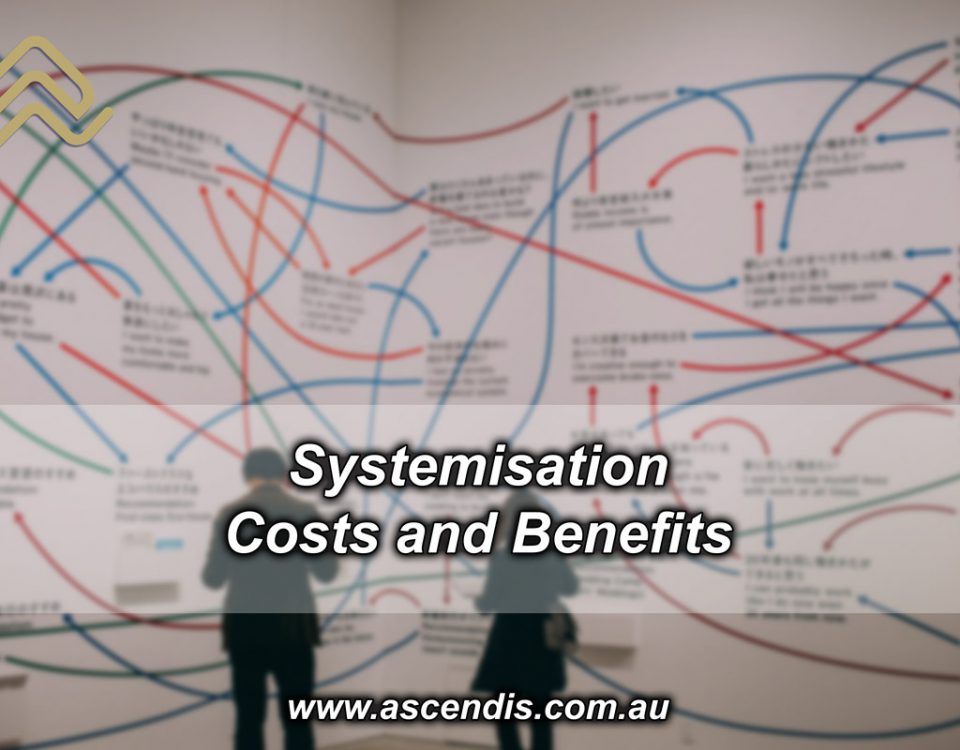How I see Financial Management as a CFO

Accounting is more than Structuring, Tax & Compliance
8 January 2020
Business Systems: Excel to Cloud
20 January 2020
I realise most in business don't come from a financial background yet find themselves heading up business and struggling to grasp it. We all have different strengths and it's ok to focus on those but you should have adequate support in the areas you find weaker.
I've a mixed background between management accountancy and business management having owned and operated a variety of businesses from an advertising agency to bars/restaurants and even a leather slipper factory. Accountancy was always a strength and what I'd studied, often assisting clients whilst I managed my own businesses.
Management Accountancy, not Taxation
Whilst taxation has formed parts of my study I left Australia in 2002, before we had BAS and Tax Agents. I returned in late 2011, after it was all in place. Having spent half my time abroad in the UK I was as familiar with their system and VAT as I was GST. My strengths also lay in other management areas. I decided not to pursue an area where many already focused for their bread 'n' butter income but give attention to my strengths and areas Australian business struggled and lacked experience.
From there the MBA
This was to give more value to what I provide clients and take my financial management knowledge to the next level, where it played a factor in all other aspects of business. This management perspective of the CFO role takes it from a record-keeping, financial reporting and compliance view to one that looks holistically at the business needs and operation alongside leadership and support.
Relevant and Meaningful Information that is Understood
My work around financial management now means ensuring meaningful reports are provided to management. Not just numbers but the story behind them and what has and is happening in the business. It also means working alongside the heads of other areas, understanding what the plans and strategy are across the business, ensuring this is reflected in the reports as well as providing the financial perspective.
I'm not so interested in when ATO deadlines are. They give more time than enough time if businesses are meeting their own needs to make proper informed decisions. The bookkeepers and tax accountants keep on top of all that. My work is in ensuring managers in the business all have timely information that is relevant and also presented in a way that they understand and can make use of. Whether it's a report or sitting down discussing it, the financial information must make sense to all that need it, and that means the story of it more than the numbers.
This takes it beyond the numbers, and even the story, providing all managers of the different business sections with support to make decisions on what lays ahead.
Leadership and Support
Small or large teams need support and direction. They need a champion for their work and to give the business more reasons for it than simply compliance with ASIC and the ATO. They need the value of their work to be realised by the business. My work as a CFO involves ensuring the accounts team have the tools and resources to do their jobs. To make sure they get access to the knowledge and information when they need it. Too often this area of leadership is missed and there's a disconnection between the accounts department and the rest of the business.
What I think you should do?
I realise not all businesses are at a size or financial position to employ a full-time CFO, and unless the business is getting into the medium-large size one probably isn't needed. Most clients I work with (<$20M) are typically 1 to 2 days each month, occasionally longer when implementing changes or getting things sorted into proper shape.
If that can't be afforded, or you choose not to, then as a business owner/manager you have the responsibility of getting that financial performance understanding across your business. You are responsible for ensuring your team is properly supported. That might be a daunting task but you must gain that knowledge in how it applies to your business and its size. Take it a step at a time. You have stakeholders, employees, customers, suppliers that rely on you to operate properly, profitably and remain in business.




